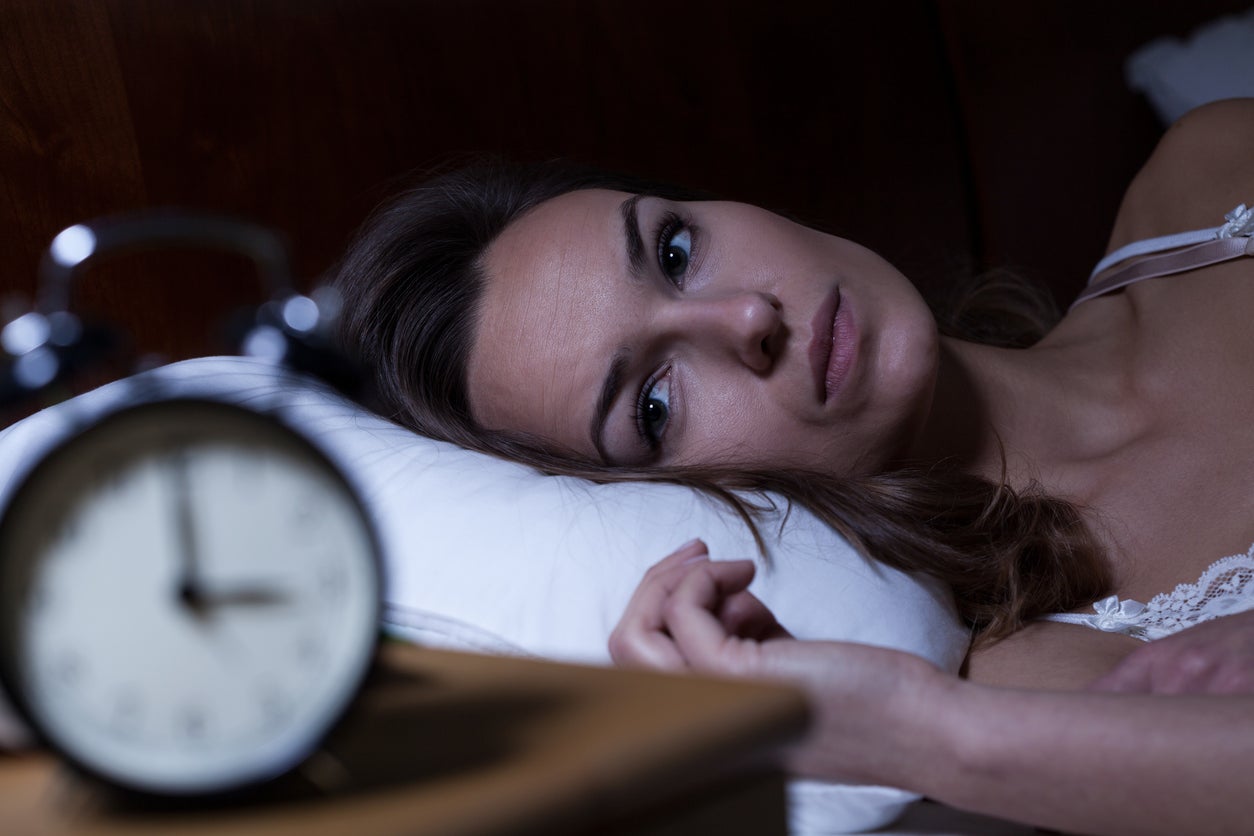The Independent's journalism is supported by our readers. When you purchase through links on our site, we may earn commission.
7 reasons you keep waking up in the middle of the night
There are various reasons you might be struggling to sleep through the night

Your support helps us to tell the story
From reproductive rights to climate change to Big Tech, The Independent is on the ground when the story is developing. Whether it's investigating the financials of Elon Musk's pro-Trump PAC or producing our latest documentary, 'The A Word', which shines a light on the American women fighting for reproductive rights, we know how important it is to parse out the facts from the messaging.
At such a critical moment in US history, we need reporters on the ground. Your donation allows us to keep sending journalists to speak to both sides of the story.
The Independent is trusted by Americans across the entire political spectrum. And unlike many other quality news outlets, we choose not to lock Americans out of our reporting and analysis with paywalls. We believe quality journalism should be available to everyone, paid for by those who can afford it.
Your support makes all the difference.Waking up in the night is a pain.
Whether it’s because you’re anxious, need the loo or have simply had a nightmare, it disrupts your sleep hugely.
And once you’ve woken up, it can be surprisingly difficult to get back to sleep.
But why are you really waking up?
It turns out there are various things you can do to reduce your chances of waking from your slumber in the middle of the night.
Here are seven reasons you might be waking up in the early hours of the morning.
1. Your bedroom is too hot or too cold
Sleeping in a room that’s the wrong temperature can make it harder to drift off - and stay asleep. The Sleep Council recommend a temperature of 18 to 21 degrees Celsius.
2. You have eczema
Eczema sufferers often find their skin becomes extra itchy at night, and this can often make it harder to sleep. Consult a skin specialist who will be able to give you medication to treat the problem.
3. You have Restless Leg Syndrome
Restless leg syndrome is thought to affect around 10 per cent of the UK population, and despite the name, can also affect the arms, torso, head and other parts of the body. Allergy medication can make the syndrome worse too, so consult your doctor if you think you might be suffering.
4. Your mattress is too firm
Whilst you might not feel comfortable on a particularly squishy mattress, sleeping on one that’s too firm can create pressure in your hips, shoulders and lower back, The Times of India reports. Make sure your mattress works for you by getting one from a company that allows you a trial period.
5. You need a wee often
It’s normal during pregnancy for women to feel the need to wee during the night, but if you’re not pregnant and this happens to you a lot, you may have Nocturia. For most people, urine production should be low at night. Avoid drinking too much in the evening, particularly diuretics like tea and coffee.
6. You’re drinking too much alcohol
You may think a couple of glasses of wine will help you nod off, but it can often lead to disrupted sleep in the night. Try and stop drinking a while before bed to give your body time to metabolise the alcohol first.
7. You’re too stressed
If you’re stressed out and it’s disrupting your sleep, make sure to find time to unwind and de-stress before bed. Listen to relaxing music or try a colouring book or other mindful activity.
Join our commenting forum
Join thought-provoking conversations, follow other Independent readers and see their replies
Comments